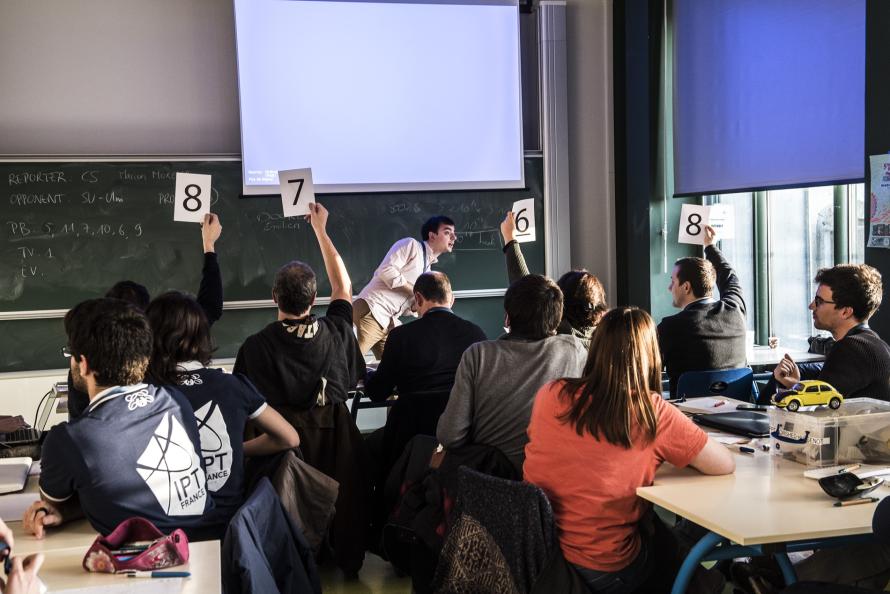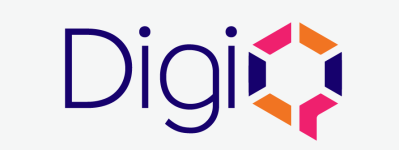
M1 ICFP

The first year offers a wealth of lectures covering a wide range of topics in modern physics, from fundamental interactions to biophysics, and also several aspects of quantum mechanics and condensed matter physics, to name just a few.
The 1st year of the ENS-ICFP Master program is almost entirely "à la carte", with students choosing their courses for a total of 30 ECTS.
The second semester is validated by a six-month internship in a French or foreign laboratory. Internship topics can cover the whole range of physics and its interfaces.
One unit = one full course (6 ECTS) or a choice of two half-courses (2x3 ECTS). A maximum of 9 ECTS can be validated outside the list of courses offered by the program. At least 18 ECTS must be validated from lecture-based courses of our program (counting excludes courses outside our program, library-based project and supervised research project).
- Information session 2025: September, 01st, 2025 - 2:00pm - Room Borel – Bâtiment Jaurès (29 Ulm - ENS)
- Study period and examinations: September, 02 2025 to february 06th 2026
- Break: October 27th to 31th, 2025
- PSL Week: November 24th to 28th, 2025
- Christmas break: December 22th 2025 to January 02nd, 2026
- Inter-semester period: January, 26th 2026 to January, 30th 2026
- Full-time internships: From February, 09th 2026
The rooms where the courses take place are indicated on the pdf schedule.
Each of the five teaching units M1–M5 are attributed a mark on a scale of 20. The mark of the first semester corresponds to their average : MA = (M1 + M2 + M3 + M4 + M5) / 5. If this average is strictly less than 10, the student must take resit exams in each of the courses for which he/she obtained a mark lower than 10. In such a case the committee is entitled to forbid the student to go abroad to do his internship.
Weekly attendance of the Student seminar is compulsory for the validation of the first semester ; students will have to write brief reports on some of the seminars.
The second semester is devoted to an internship (see dedicated page). Its evaluation defines the mark for the second semester : MB = INTERNSHIP.
Passing the first year of the Master program (M1)
The first year is passed if the marks of both semesters (MA and MB) are larger or equal than 10, the yearly mark being their average :
(MA + MB) / 2 = (M1 + M2 + M3 + M4 + M5 + 5 * INTERNSHIP) / 10
The student who has successfully passed the M1 year of ICFP will be admitted in one of the pedagogical path of the M2 ICFP. Which path depends on the student’s proposal and of the estimate of the student’s abilities by the directors of the pedagogical paths. In case of disagreement between the student and the directors of pedagogical paths, the director of the ICFP Master program will propose one of the pedagogical paths to the student. If the student refuses the ICFP director’s proposal he/she will be considered as quitting the ICFP Master program.
In the first year of the Master program (M1), the second semester (between February and July) is entirely devoted to a laboratory research internship, which students usually carry out abroad.
This full-time internship takes place in a laboratory belonging to a public research organization or a major industrial company, preferably in the European Union, but also in North America or other countries.
It is carried out under the responsibility of a laboratory researcher, and must allow the student a certain degree of autonomy, so that he or she can derive maximum benefit from this first long-term immersion in a professional research environment.
More details can be found on the dedicated webpage.
See the master ICFP webpage for more informations on the recruitment.
See here the schedule of Student seminars
